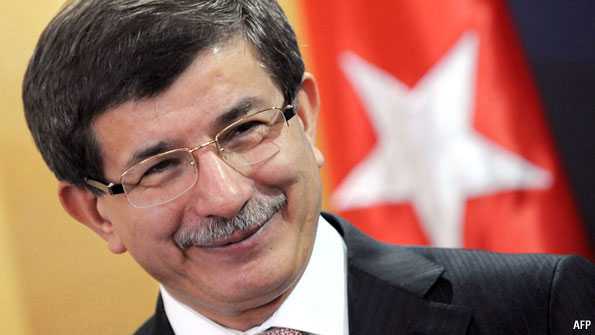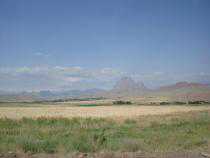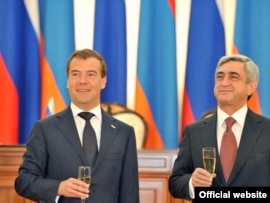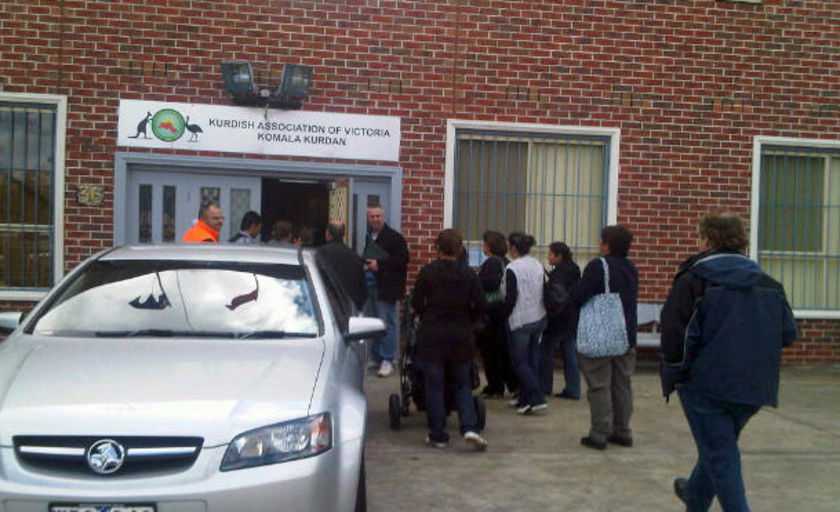Sometimes Turkey really is a bridge between west and east
Turkish foreign policy

IN JUNE 2006, days after a young Israeli private was captured by Hamas, Israel’s ambassador to Turkey paid a midnight visit to Recep Tayyip Erdogan, the prime minister. Gilad Shalit was feared to be gravely ill, perhaps even dead. Could Turkey help? Phone calls were made and favours called in. Mr Shalit turned out to be alive, and his captors promised the Turks they would treat him respectfully.
Turkey’s relations with Israel, once an ally, have worsened of late, and hit a fresh low in May, when Israeli commandos raided a Turkish ship carrying humanitarian supplies to Gaza, killing nine Turkish citizens. Yet Turkey continues to lobby Hamas for Mr Shalit’s release.
Turkey’s falling out with Israel has sparked a flurry of anguished commentary in the West about its supposed eastward drift under the mildly Islamist Justice and Development party, which has governed the country since 2002. Concern over its cosy relations with Iran, despite that country’s refusal to suspend suspect nuclear work, has run particularly high. Yet nobody complained in April 2007 when Turkey brokered the release of 15 British Royal Navy sailors who had been seized by Iran. Similarly, France was delighted in mid-May when a personal intervention by Turkey’s foreign minister, Ahmet Davutoglu, secured the release of Clotilde Reiss, a French teacher being held in Iran on spying charges.
Turkey is the first stop for thousands of political refugees from Iran, Iraq, Afghanistan and Central Asia. These include Mohammed Mostafei, an Iranian lawyer who took up the case of Sakineh Ashtiani, a woman facing death by stoning in Iran for alleged adultery. Mr Mostafei fled to Turkey earlier this month after receiving death threats (he has since gone to Norway). Now Turkey has discreetly taken up his client’s case (although Iran has turned down a Brazilian offer of asylum for Ms Ashtiani). It is also pressing Iran for the release of three American hikers who were arrested, on suspicion of “spying”, near the Iraq border a year ago and who have been rotting in Tehran’s notorious Evin prison ever since.
Turkey’s mediating skills have even aroused excitement in Africa. Mr Davutoglu recently revealed that Botswana had sought his help in fixing a territorial dispute with Namibia. Flattered though he was, however, Mr Davutoglu confessed that, for once, he was stumped.
http://www.economist.com/node/16847136?story_id=16847136&fsrc=rss, Aug 19th 2010








